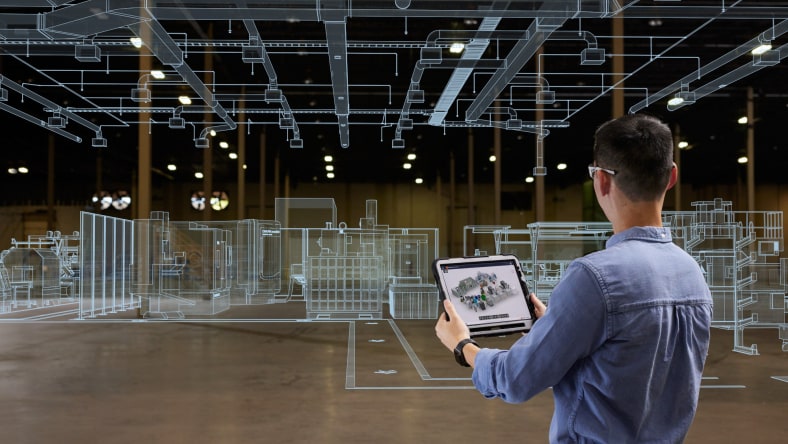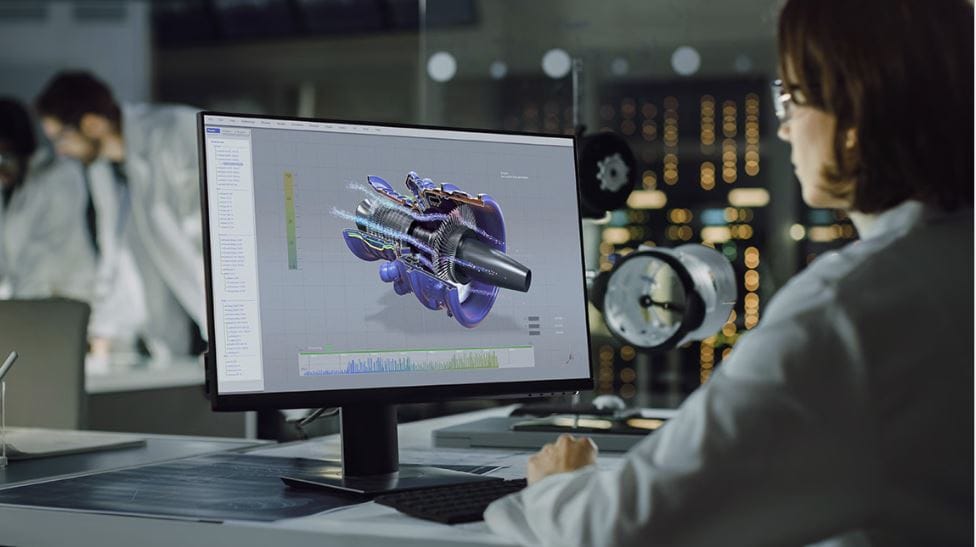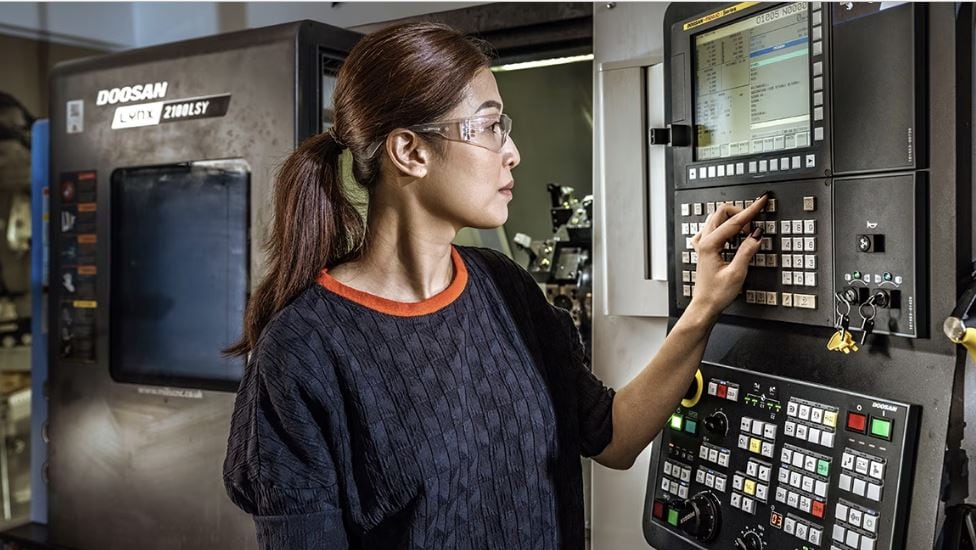& Construction

Integrated BIM tools, including Revit, AutoCAD, and Civil 3D
& Manufacturing

Professional CAD/CAM tools built on Inventor and AutoCAD
The resulting Future of Manufacturing white paper indicates that the manufacturing industry of tomorrow will require more than new technology. As companies face increased demands for more sophisticated products while navigating resource scarcity and supply chain disruptions, they will need a highly skilled and adaptive workforce.
Manufacturing innovations are unlocking unprecedented productivity, quality, and reductions in waste and cost. These innovations are revealing outdated education programs and their limitations. This has triggered movement around curriculum updates and project-based learning. Educators can take steps to mitigate the impending risk and prepare students for the modern workforce.
Many of today's manufacturing skills were built for Industry 3.0 or earlier. Building curricula designed for Industry 4.0 will develop the skills, technical knowledge, and workflow experience students require for the modern manufacturing landscape.
To keep pace with Industry 4.0 advancements, tomorrow's workforce will need a broad range of advanced technological skills.
As digital transformation efforts drive convergence across manufacturing roles and workflows, collaboration, communication, and problem-solving are becoming ever critical.
As collaboration requirements increase, so does the need for a better understanding of each functional role across the manufacturing process.
Tomorrow's mechanical engineers will play expanded roles in developing products that are designed for manufacturability and are leaner, smarter, and more sustainable.
Technical/hard skills: AI/ML; design for manufacturing; generative design; coding/programming; 3D modeling and design; data analytics and visualization; prototyping; engineering simulation and digital twin.
Tomorrow's manufacturing engineers will design and implement manufacturing systems to improve time-to-market while reducing cost, waste, and defects.
Technical/hard skills: CNC machining; AI/ML; design for manufacturing; robotics/cobotics; integrated CAD/CAM software and programming; additive and hybrid manufacturing; operations technology; AR/VR.
Educators are positioned to help machinists prepare and evolve to an elevated role that includes managing and programming advanced technology.
Technical/hard skills: AI/ML; robotics/cobotics; integrated CAD/CAM software and programming; additive and hybrid manufacturing; predictive/preventative maintenance; five-axis or higher machine tools.
Read the e-book or full market research report to learn the critical steps, insights, and skills to prepare the modern workforce.
Discover trends and forces transforming education and the role educators play in building tomorrow's workforce.
Ready to align with industry needs? Download Autodesk Fusion at no cost for educators and students.




